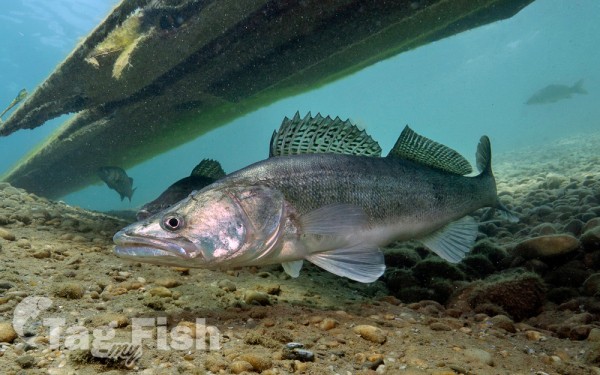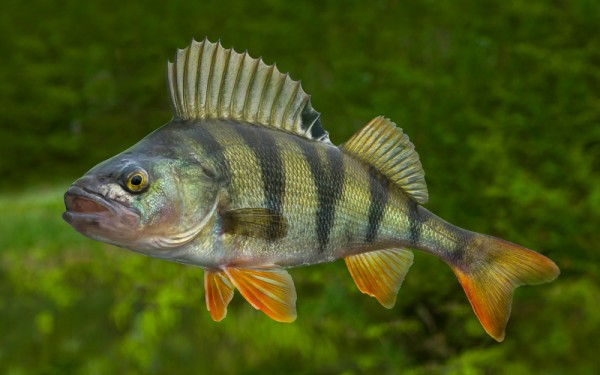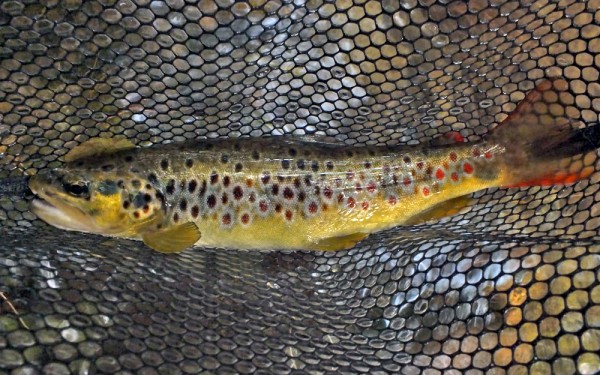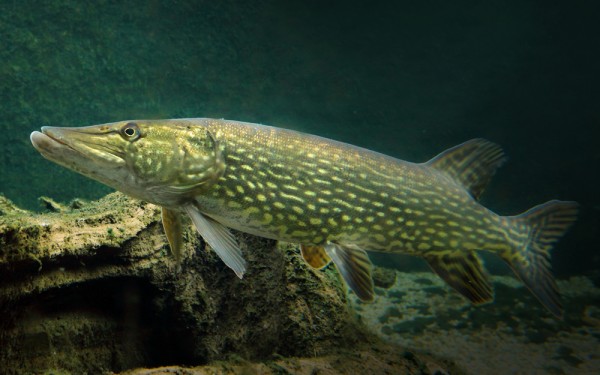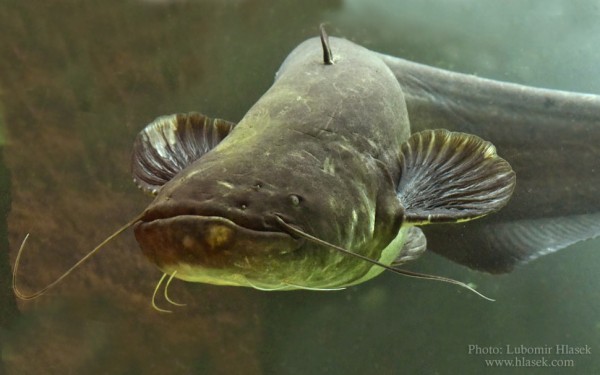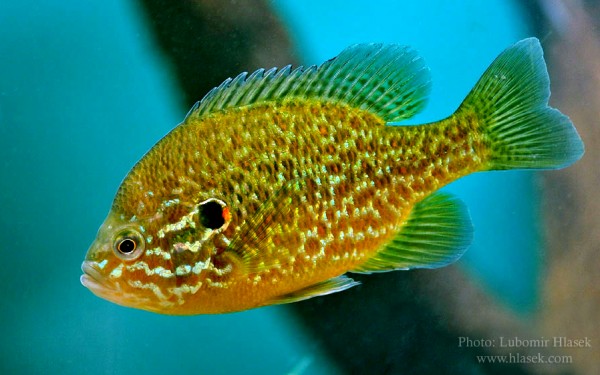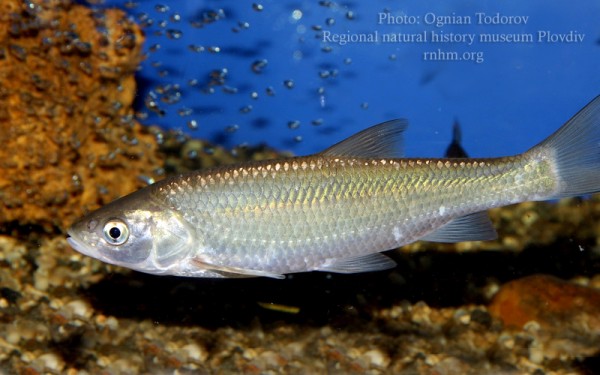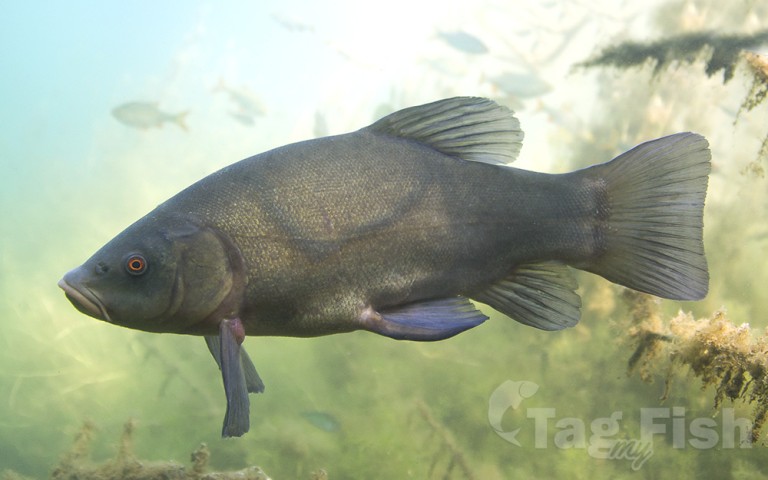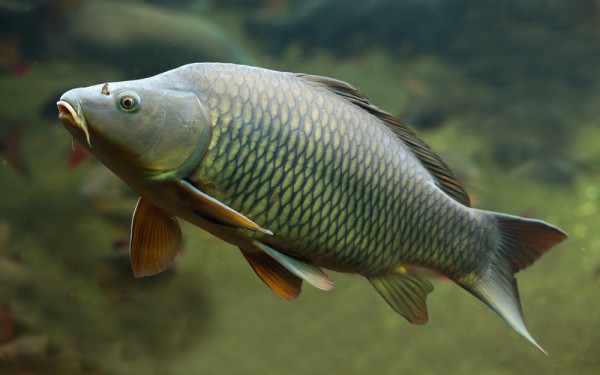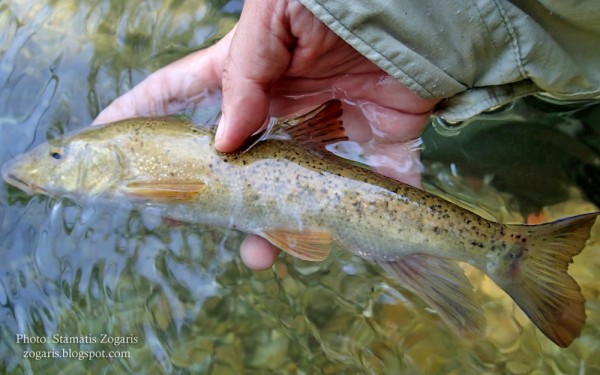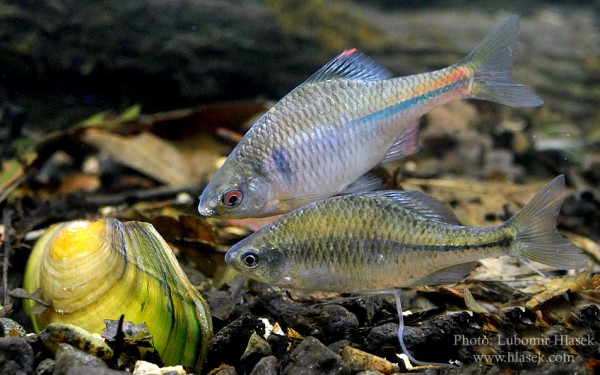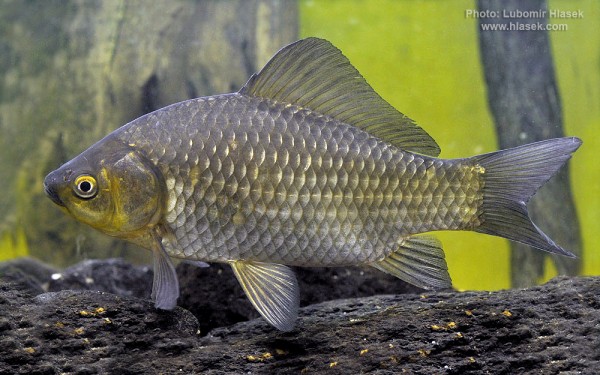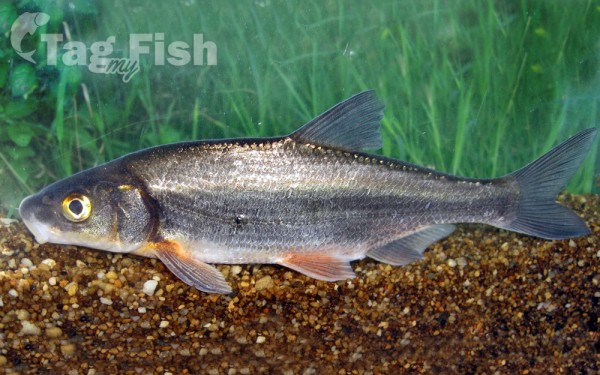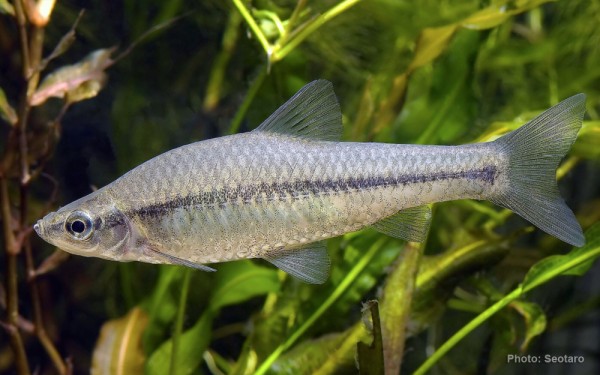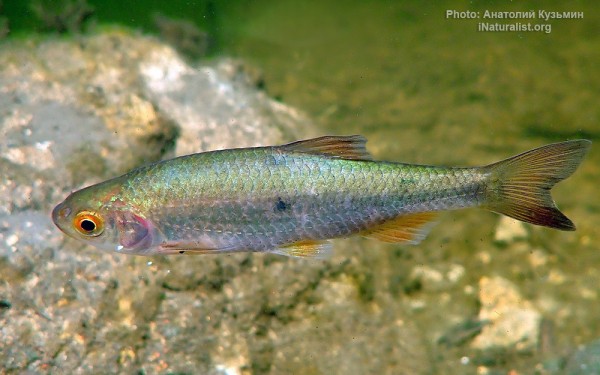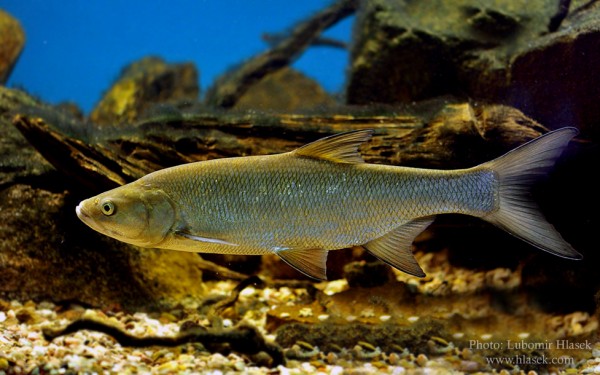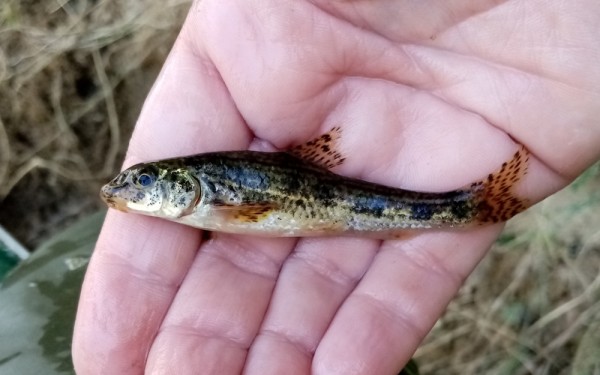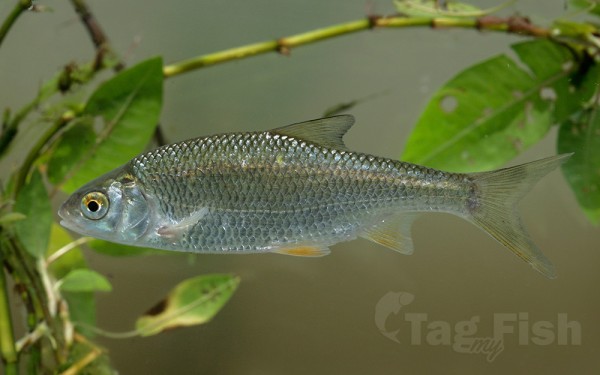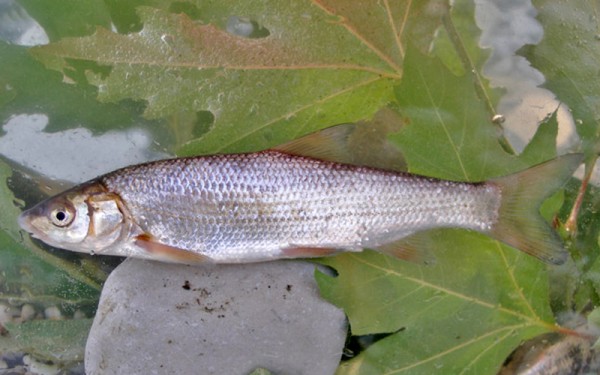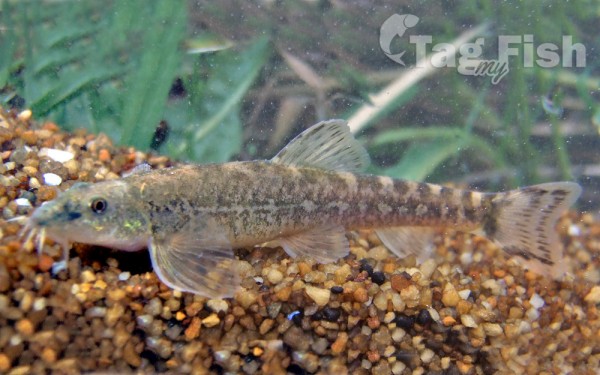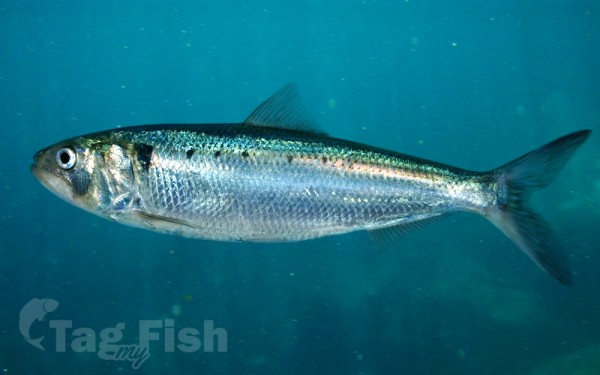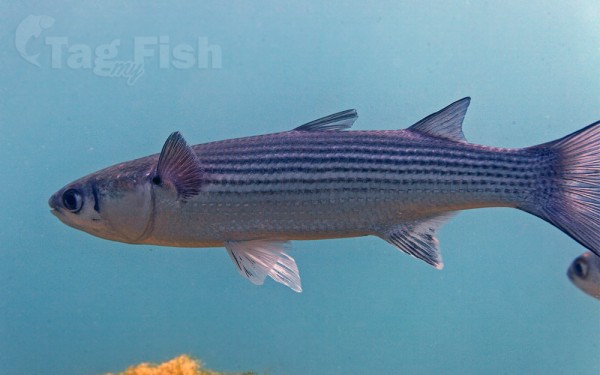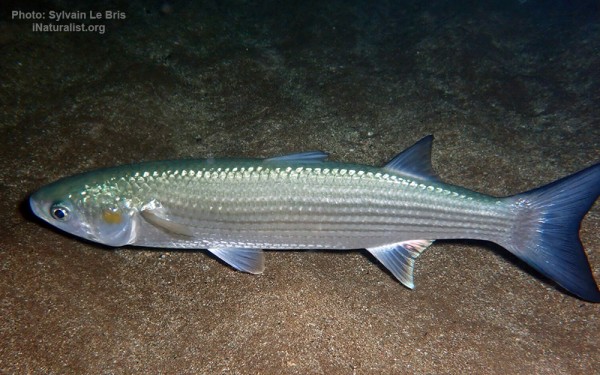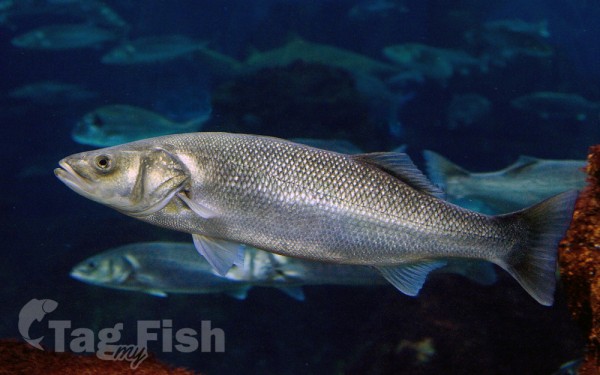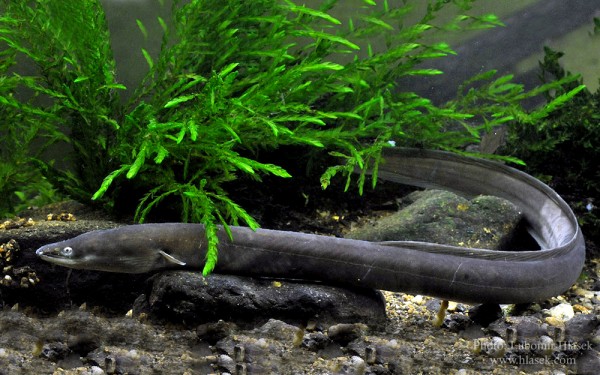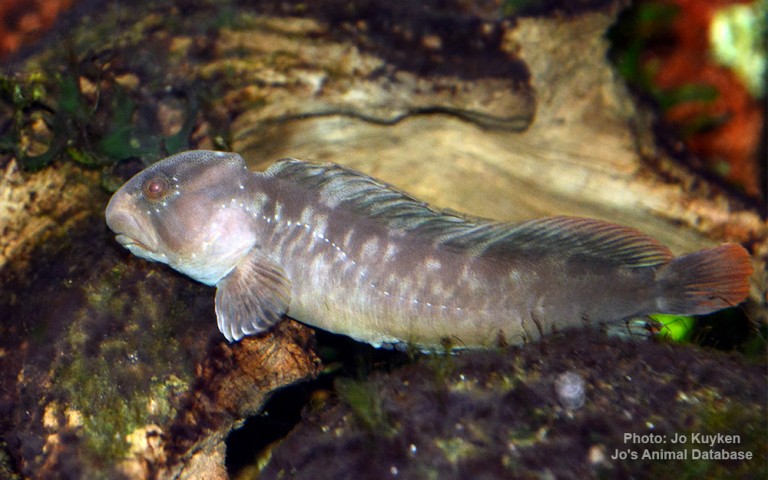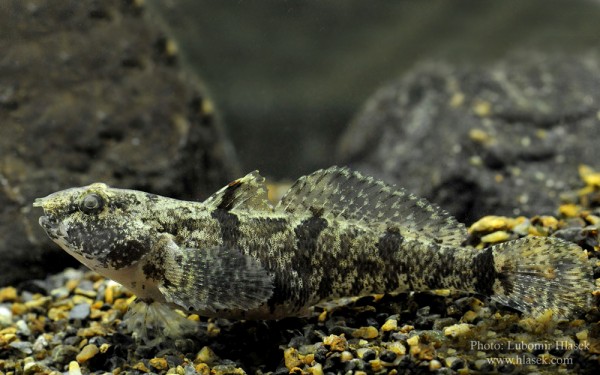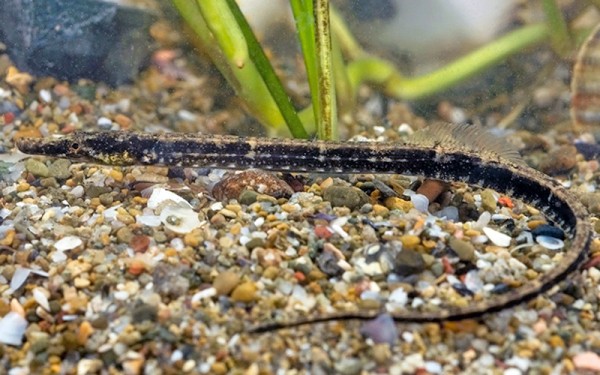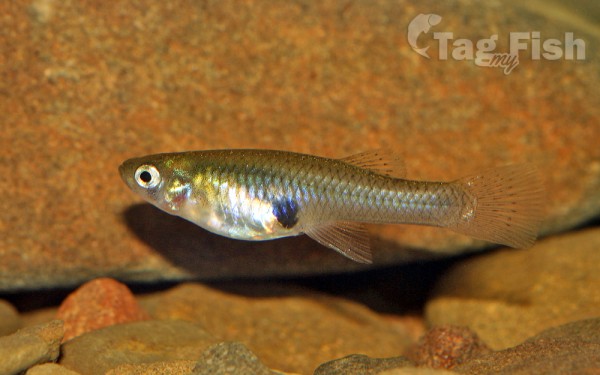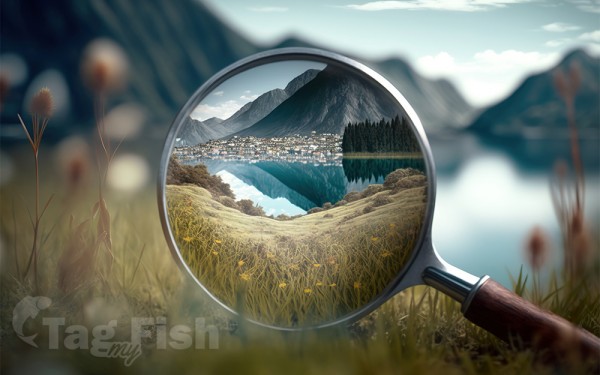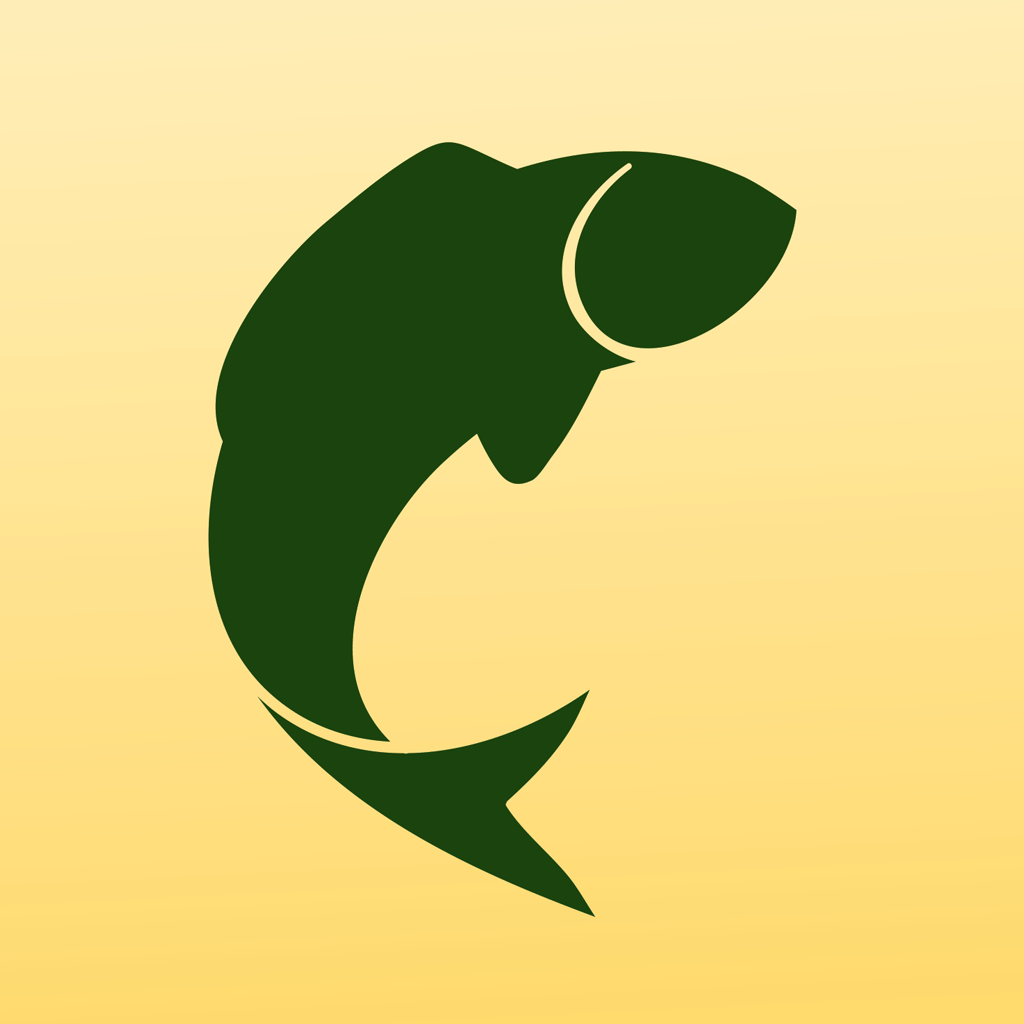Lake Kerkini

Perciformes - Perches
Salmoniformes - Salmons and Trouts
Esociformes - Pikes
Siluriformes - Catfishes
Centrarchiformes - Basses and sunfishes
Cypriniformes - Carps
Clupeiformes - Herrings
Mugiliformes - Mullets
Moroniformes - Temperate basses
Anguilliformes - Eels and morays
Blenniiformes - Blennies
Gobiiformes - Gobies
Syngnathiformes - Pipefishes and Seahorses
Cyprinodontiformes - Toothcarps
Perciformes - Perches
Salmoniformes - Salmons and Trouts
Esociformes - Pikes
Siluriformes - Catfishes
Centrarchiformes - Basses and sunfishes
Cypriniformes - Carps
Clupeiformes - Herrings
Mugiliformes - Mullets
Moroniformes - Temperate basses
Anguilliformes - Eels and morays
Blenniiformes - Blennies
Gobiiformes - Gobies
Syngnathiformes - Pipefishes and Seahorses
Cyprinodontiformes - Toothcarps
Lake Kerkini is an artificial reservoir in Central Macedonia, Greece, that was created in 1932, and then redeveloped in 1980, on the site of what was previously an extremely extensive marshland.
Lake Kerkini is now one of the premier birdwatching sites in Greece and, as it is situated along the migratory flyway for birds en route to the Aegean Sea, the Balkan region, the Black Sea, the Hungarian steppes and beyond.
Main water source is the Strymon River, although it is also fed by the Kerkinitis river.
In the flat and semi-mountainous area, important hydrobiospheres are developing which are of great international significance and acceptance. The most essential hydrobiosphere is the one in Kerkini lake. It is a miracle of nature which came about by mans technical intervention on the natural characteristics of Strymon river. The water extent, which varies from time to time from 54 km2 to 72 km2, works out to be useful in two ways: as a technical work of great agricultural utility and as a hydrobiosphere for thousands of water fowls.
This biosphere is recouped by the International Convention of Ramsar and presents numerous admirable elements. Thousands of birds, both rare and protected, riverside forests, water-lilies in a large area, fish variety and fantastic panoramic view from the mountains of Belasica and Krousia give it a characteristic tone.
Actually the lake hosts 227 kinds of birds, especially non-migrants, of which 76 are recorded in the National Red Catalogue, while at least 31 of them are protected by EEC Directive concerning wild life. What makes an exceptional presence is the buffalos herd in the area, plus the one of the jackelo in the area of Lake Kerkini. In the surrounding area of Lake Kerkini there are at least 10 amphibian species (frogs, salamanders, newts, five snail species, 19 reptile species (lizards, snakes, turtles) and a great variety of insects which play an important part in the food chain and contribute towards the biological resources of the lake.
The human intervention usually retracts or takes negative action against the natural processes. Lake Kerkini is a rare example, where the gentle human handling has had the exact opposite result.

